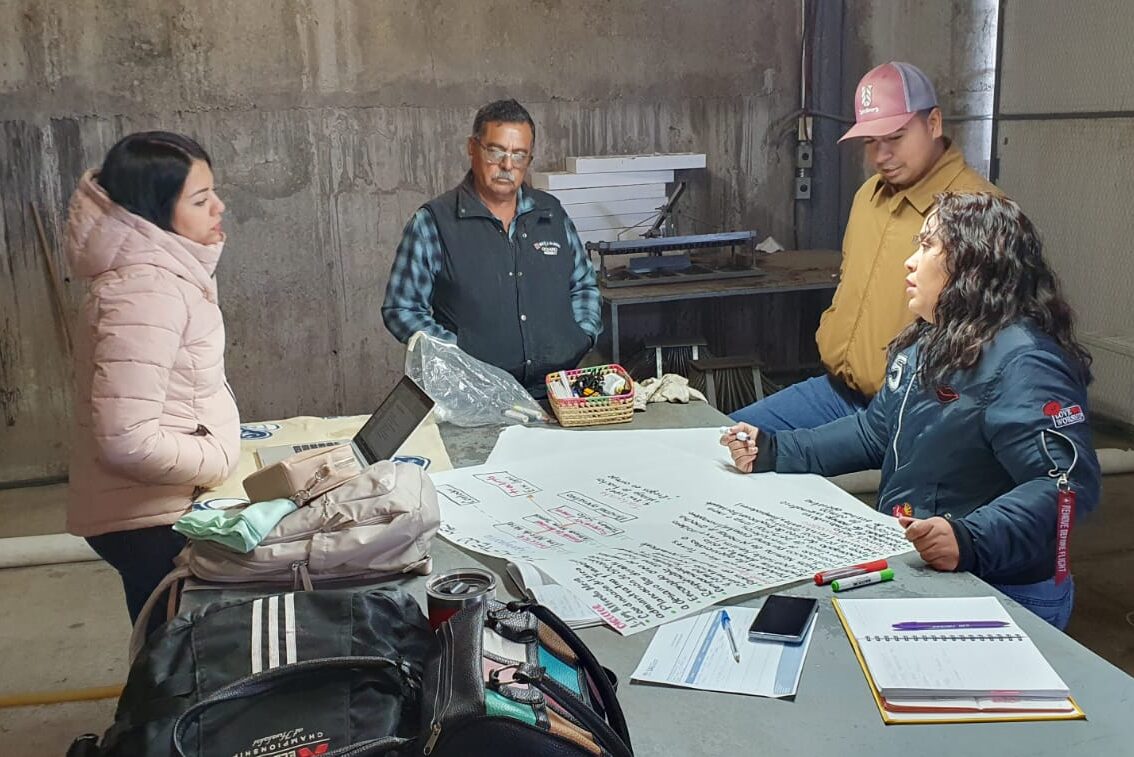Sustentar has used novel approaches the last few months to understand the challenges employers and workers face in production and to build their capacity for labor compliance. Recently, Engineer Meza, a chile pepper grower in Meoqui, Chihuahua spoke to the Sustentar team about his experience with the project.

“I have been a chile pepper grower for over 10 years. I began in this field as a consultant for food safety processes in various crops in our region. We started growing chile peppers as an economic activity, where we learned how to produce them and understand their value for the state’s regional economy as well as our own.
The biggest challenge we have faced is the need for a significant amount of labor throughout the production process. In my case, I produce my own seedlings to grow this vegetable. Originally, this labor was local, but due to current demands, we now require labor from other regions of the state and even from other states in the country. This workforce primarily consists of indigenous people who migrate to our lands due to the lack of employment opportunities in their communities of origin.
It is becoming increasingly difficult to find this labor, and both their customs and ours have come to view child labor and unacceptable working conditions in agricultural tasks as something ‘normal.’ This is why it is necessary to do things in a different way.
The Sustentar project, from its outset, is giving us the opportunity to see that achieving this is possible if all of us involved come to an agreement, get to know each other, and commit to our respective responsibilities. Since November 2021, when we first heard about this potential project, I saw it as a good opportunity to address these challenges in a ‘different way.’”
Engineer Meza, Chile pepper grower in Chihuahua, Municipality of Meoqui, Chihuahua
